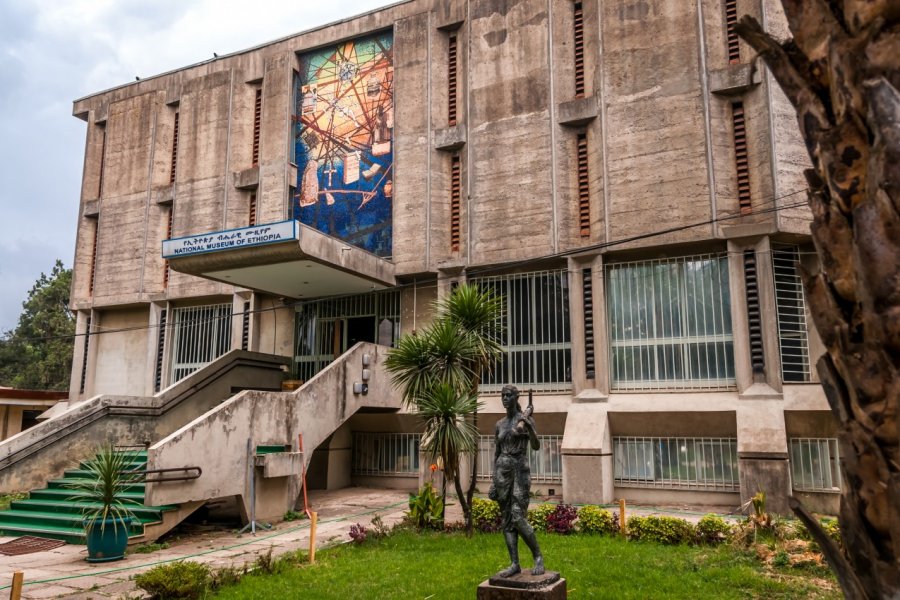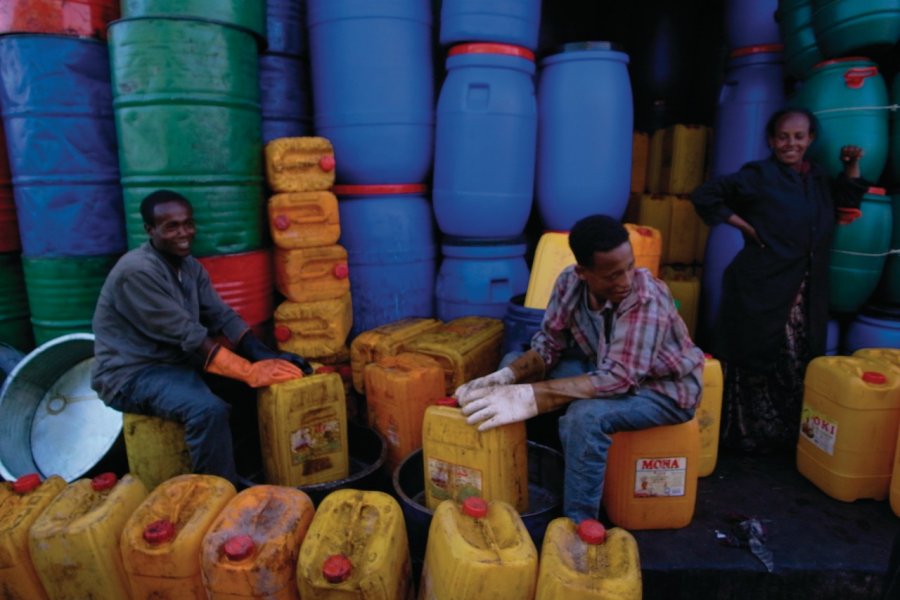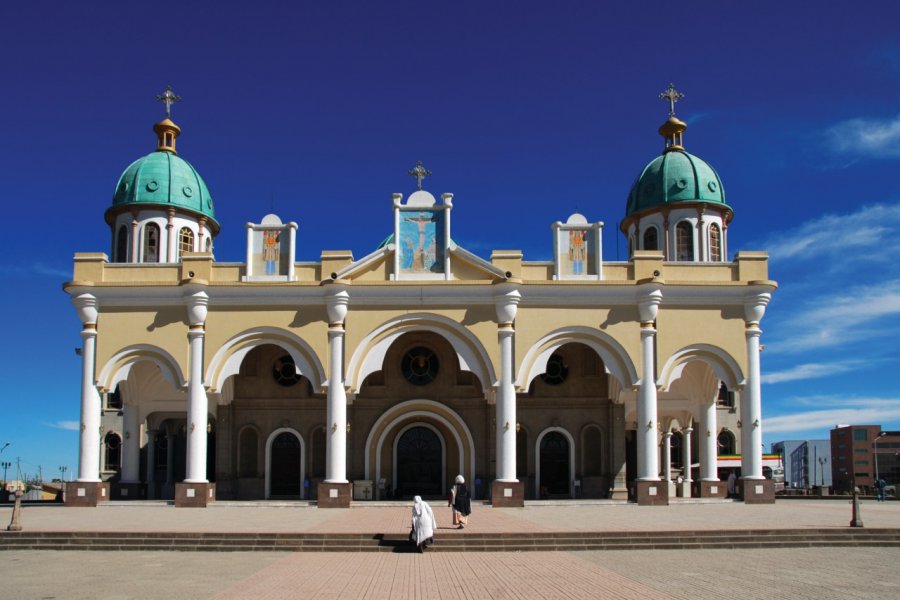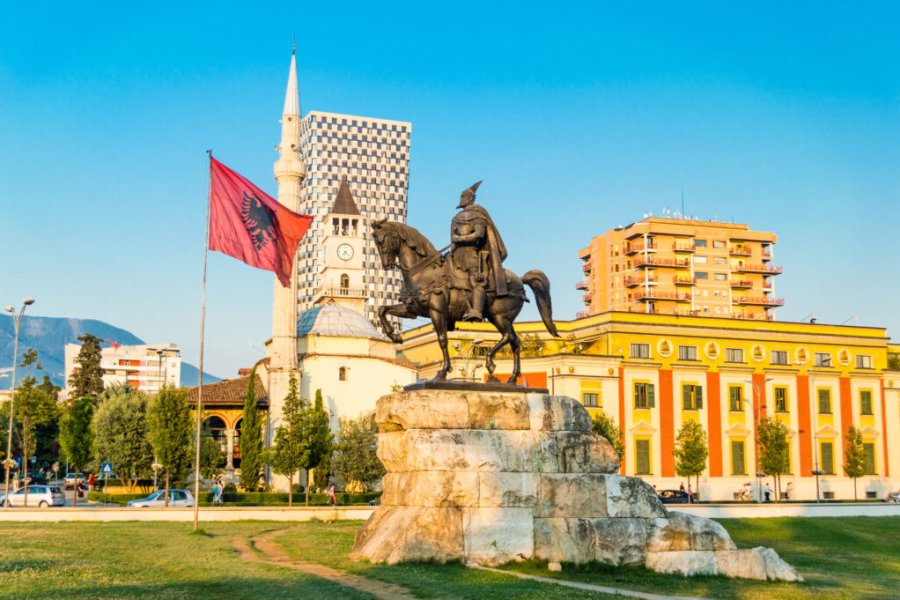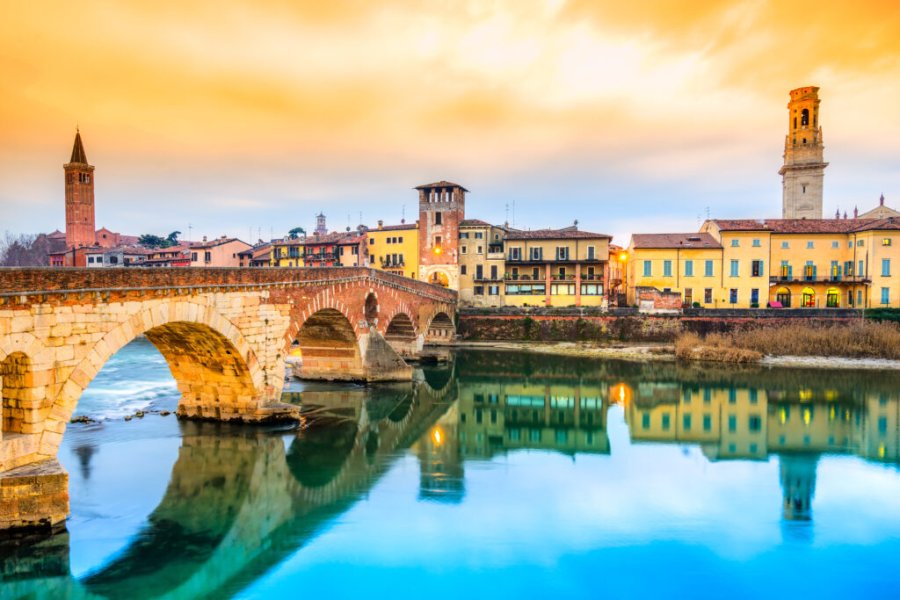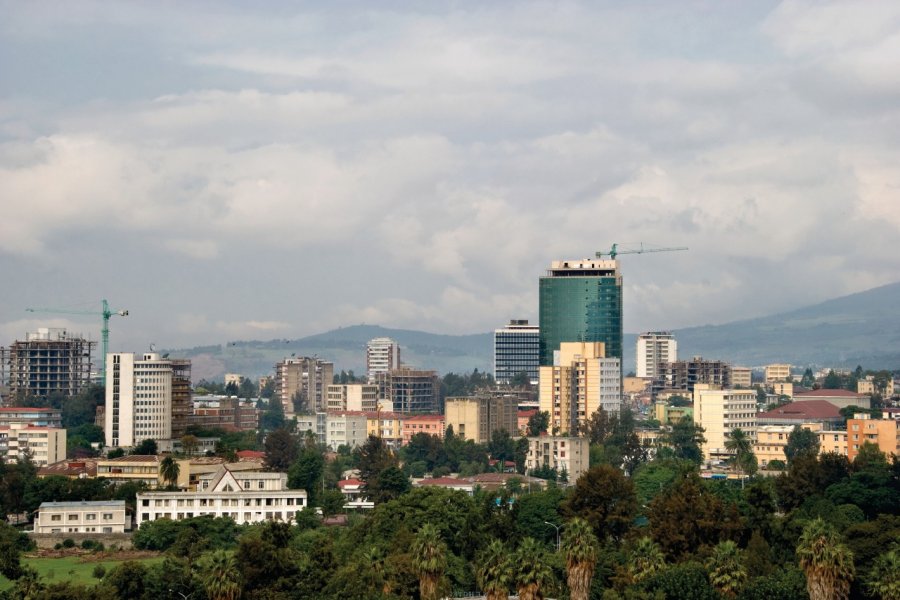Travel Guide Addis Ababa
What to visit Addis Ababa?
Suggested addresses Addis Ababa
When to go to Addis Ababa?
There is no real high or low tourist season in Ethiopia. However, it is during the dry season from October to March that the country is most visited. In July and August, it rains in the North, but it is nevertheless pleasant to visit the South of Ethiopia where the rains are much less abundant at this season. During religious holidays, especially between Christmas and Timkat, around mid-January, it is very busy. Make sure you book hotels and domestic flights well in advance. Outside of this period, when prices are subject to inflation, it is possible to negotiate discounts at luxury hotels. Also avoid Addis Ababa at the end of January during the African Union summits, hotels are full and prices soar.
Weather at the moment
Addis Ababa has a dry tropical climate, but not the heat wave of other major cities in the area, thanks to its altitude, which allows for relatively pleasant temperatures throughout the year, with averages between 10°C and 20°C. The main rainy season (krämt) is from June to September, and makes the unpaved streets difficult to walk on, although they have the advantage of being less dusty.
The Ethiopian currency is the birr (pronounced "beur"). The 1 and 10 birr denominations are particularly useful for daily expenses. For a Westerner, staying in Addis Ababa is still relatively cheap. However, prices have increased and the days when 10 birr was a full meal are over. If you have a credit card, there is no need to carry large amounts of money. If your card is not accepted, go to an ATM.
In addition to your valid passport, a tourist visa is required for all new entrants to Ethiopia and to stay in Addis Ababa. The cost of this visa varies according to the length of your stay. It will cost you significantly less if you apply for it at the embassy in Paris than if you obtain it directly upon arrival in Addis Ababa.
To stay in Addis Ababa, yellow fever vaccination is required for travelers coming from countries where the disease is endemic. An epidemic affected the country in 2013 and the authorities are vigilant on this point. Vaccination against cholera is also required for those who have resided in a potentially affected area six days prior to entering Ethiopia. Travelers are advised to take anti-malarial treatment before and during their stay in Ethiopia, especially for those visiting the south, as the highlands are malaria-free. Vaccinations, especially BCG, hepatitis A and B, measles, meningitis and typhoid, are recommended. The anti-rabies vaccine for exposed individuals is recommended. Tap water is never safe to drink in Ethiopia. Drink bottled water or purify water before consumption.
Practical information
- When to travel?
- Weather forecast
- Budget
- Formalities
- Health
- How to travel by yourself?
- How to get organized?
- Getting around
Media
How to go to Addis Ababa? Our advice & tips
More and more organized tours are proposed to visit Ethiopia around different themes (nature, culture, history, meeting with the populations). They usually last two or three weeks. A la carte trips are also possible, and will make you discover the main points of interest of Ethiopia: Addis Ababa, the Danakil desert, the Erta Ale volcano, the Rift Valley lakes region and the Omo valley.
Discover our selection of travel agencies for this destinationSeveral airlines offer flights to Ethiopia and the price depends on the airline you choose. In order to get the best rates, it is strongly recommended to book well in advance (six months before departure). Bole International Airport, located in Addis Ababa, is the country's main airport.
The most comfortable and quickest way is to travel by plane and 4x4. This is the most expensive option. Less expensive: long-distance buses, cabs or tuk-tuk by the day or half-day for short distances. The less fortunate will take minibuses. One can adopt a much slower pace and travel in the mode of trekking, on foot or on horseback. Addis Ababa has an efficient bus network and a railroad links the capital of Ethiopia to Djibouti.
Addis Ababa travel inspiration
Find unique Stay Offers with our Partners
Pictures and images Addis Ababa
Discover Addis Ababa
There is no real high or low tourist season in Ethiopia. However, it is during the dry season from October to March t...
Read more about it
Addis Ababa has a dry tropical climate, but not the heat wave of other major cities in the area, thanks to its altitu...
Read more about it
The Ethiopian currency is the birr (pronounced "beur"). The 1 and 10 birr denominations are particularly useful for d...
Read more about it
In addition to your valid passport, a tourist visa is required for all new entrants to Ethiopia and to stay in Addis...
Read more about it
To stay in Addis Ababa, yellow fever vaccination is required for travelers coming from countries where the disease is...
Read more about it
Several airlines offer flights to Ethiopia and the price depends on the airline you choose. In order to get the best...
Read more about it
More and more organized tours are proposed to visit Ethiopia around different themes (nature, culture, history, meeti...
Read more about it
The most comfortable and quickest way is to travel by plane and 4x4. This is the most expensive option. Less expensiv...
Read more about it



